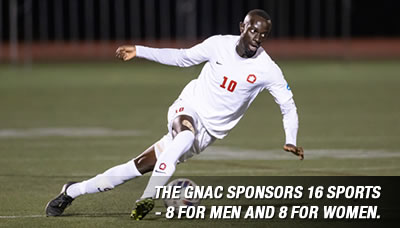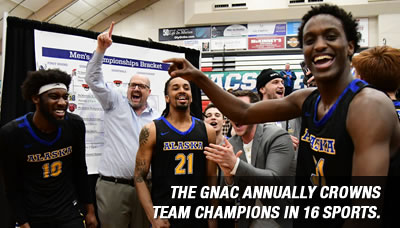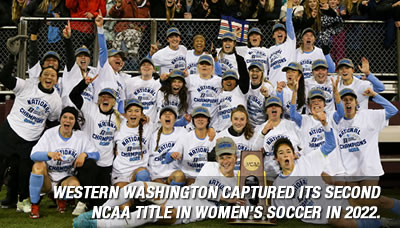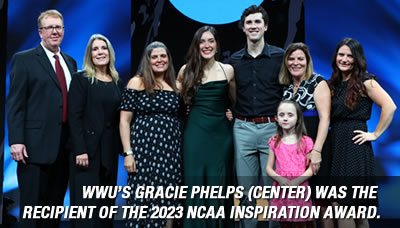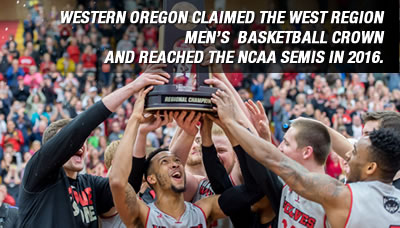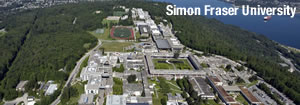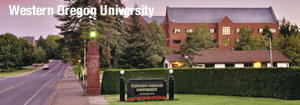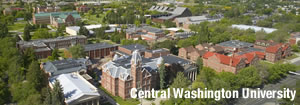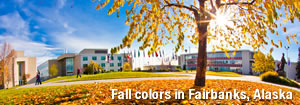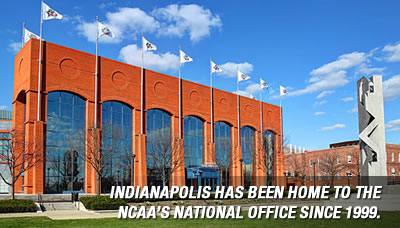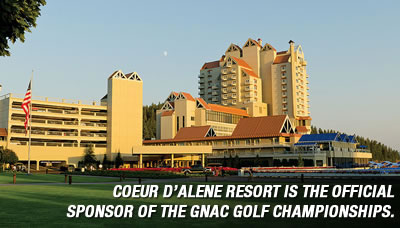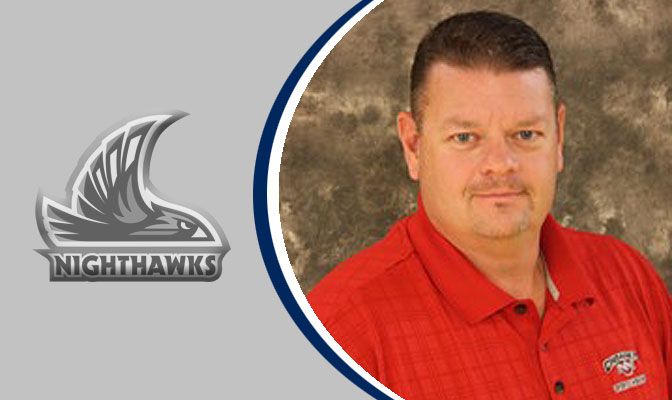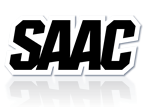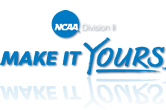Tuesday, March 20, 2018
In celebration of National Athletic Training Month, the GNAC is profiling athletic trainers throughout the conference. These trained medical professionals at every school work to keep the student-athletes of the GNAC healthy, active and safe.
National Athletic Training Month is an initiative of the National Athletic Trainers Association. To learn more about the month and role athletic trainers provide to the college athletics community, Click Here.
Name: Ken Becker
Institution: Northwest Nazarene University
Years at Institution: 21
Hometown: Hillsboro, Oregon
Colleges Attended & Degrees: Northwest Nazarene University (Undergraduate, Athletic Training), United States Sports Academy (Graduate, Sports Medicine), University of St Augustine (Graduate, Health Science and Leadership Development)
Sports In Which You Have Served As A Primary Athletic Trainer: Football, basketball, lacrosse, soccer, baseball, softball, track and field, volleyball, golf, cross country, rodeo, swimming, cheer and wrestling
What Prompted Your Interest In A Career In Athletic Training: Throughout my sport "career" in high school, I found myself in the athletic training room getting taped or using the ice buckets to soothe my aches and pains. Fortunately, I had two athletic trainers who recognized my curiosity and taught me how to tape an ankle and encouraged me to pursue this curiosity and join the health occupation class. I was hooked. From day one at college, I knew athletic training is/was my passion. Involvement in sports was a must and this allowed me to pursue both of my interests.
Who Has Been The Biggest Influence On Your Career: There have been so many influential people throughout my career, to say that only one provided me the drive to pursue this passion, there's not enough room to list them all. One that I will point out is Dr. Burton Pattee. He was the first physician I had the opportunity to work with and I learned so much from him! He provided an even-tempered realism to athletic injuries as well as general medicine. He was a calming reassuring voice amidst the chaos of a championship season as well as a great encouragement always pushing me to do better each day. He provided the reassurance and confidence for me to continue each day, making and working through mistakes, skillfully and quietly mentoring me through the first few years of my career.
For You Personally, What Are The Most Satisfying Aspects Of Being An Athletic Trainer: The relationships. Athletes & coaches are great people! If I ever have the opportunity to travel the world, I know I have friends developed through a trust and camaraderie in their time at NNU. The sports. I am very competitive and love being involved in the excitement, disappointment, adversity, and victories, both individually and as a team. Watching an athlete return to competition after an injury, seeing their joy competing again…priceless.
What Are The Most Challenging Aspects Of The Job: Time. Sports have evolved to a point where time is the only variable that coaching can absolutely control. This isn't an insult on coaching, rather a good reason for Division II to maintain the strength and position to emphasize that athletes keep their lives in balance and enjoy their college careers. Secondly, educating administrators at all levels that we (athletic trainers) are worth the investment. As much as strength and conditioning is emphasized within sports programs, athletic training is not. The hours and managing multiple teams most athletic trainers oversee during the school year is not understood and should be a point of emphasis for all administration to learn about.
What Is The Most Misunderstood Aspect Of The Athletic Training Profession: We know sports. It doesn't matter which one, baseball, swimming, water polo, bowling, we get it. We have made it our responsibility to know how the body works and moves, regardless of sport. We have also watched more practices and games than most coaches or administrators. We aren't passive participants, we get it. We are very well-educated in athletic injury recognition, evaluation, and treatment. Our continuing education is superior and based on the latest evidence-based practices and standards.
What Is One Key Element Of Your Job That Most People Would Not Realize: Our job extends into many facets of sport as well as general medicine. On a typical day, I am a counselor, sports psychologist, parent, friend, mentor, mediator, bearer of good and bad news, the voice of reason or the voice of dissent. We may spend time working through rehabilitation routines or taping a few joints, but at the end of the day, we are present, supporting the athlete and coach.
What Has Been The Biggest Change In Athletic Training During Your Career: Globally, the profession is in many industries that most people would not suspect, which has elevated the didactic and clinical education of the profession. We are putting out a better educated professional, but also doing great work within our jobs, preventing and rehabilitating athletes better than 20 years ago. Most importantly, we are recognized by physicians as a necessary and integral part of the healthcare team. We are medical professionals, credentialed and licensed by the same medical boards as physicians.
What Do You See As Primary Health Concerns Currently In College Athletics: Besides the internet being my major referral and competition source, athletes and parents being more proactive balancing their club and high school careers is another concern. When I see an incoming freshman with multiple surgeries throughout high school, I have to pause and wonder if college athletics is somewhat responsible for the pressure to compete through injury to prove something to a coach. Also, for sports to realize that once these athletes are in college, they are working toward an academic degree, not a professional contract. Balancing life and the demands of sports aren't done well. This needs to be changed. We could talk about specific injuries, but this isn't what plagues our athletes; it is the ability to learn to take care of the physical, psychological and social health issues as young adults.
What Advice Would You Give To A High School Or College Student Interested In Pursuing A Career In Athletic Training: This job is incredibly rewarding but really hard to maintain a balanced life when you are starting out. Managing long hours, hard work, mediocre compensation, high expectations, low budgets and wearing multiple hats are the unwritten rules of this profession. Keep realistic expectations, find mentors and pursue opportunities to learn from them, read both professional journals and leadership development materials and constantly develop a growth mindset. Spend one hour each day learning something new, and you'll quickly realize just how much you really don't know. Then repeat daily.

